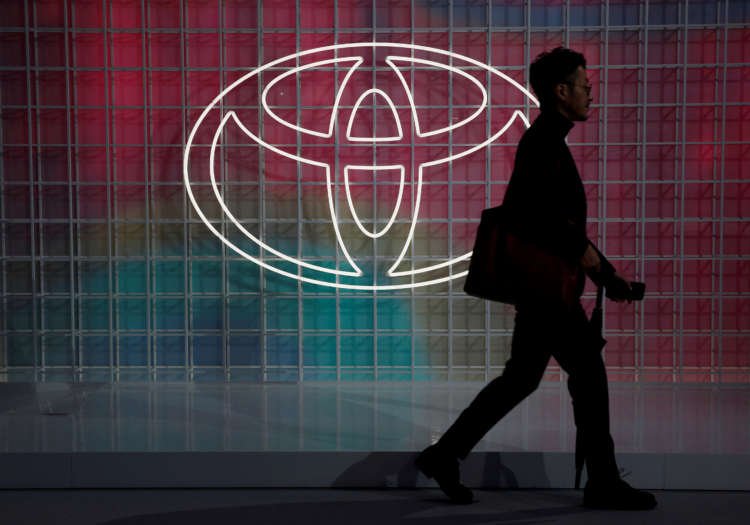Business
How Toyota thrives when the chips are down
Published by linker 5
Posted on March 8, 2021
1 min readLast updated: January 21, 2026

Published by linker 5
Posted on March 8, 2021
1 min readLast updated: January 21, 2026

Explore more articles in the Business category











